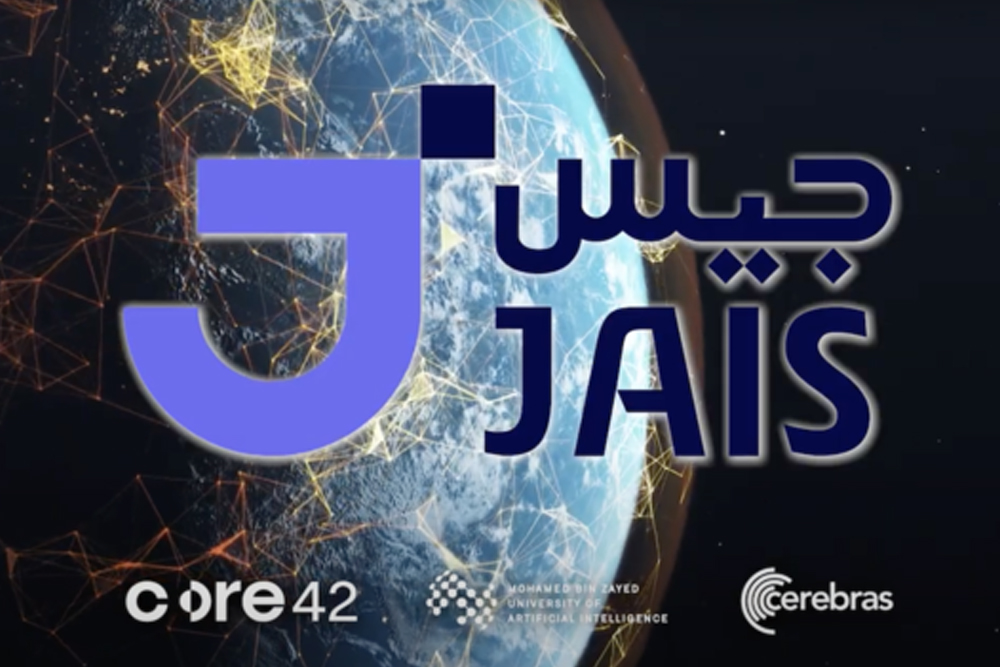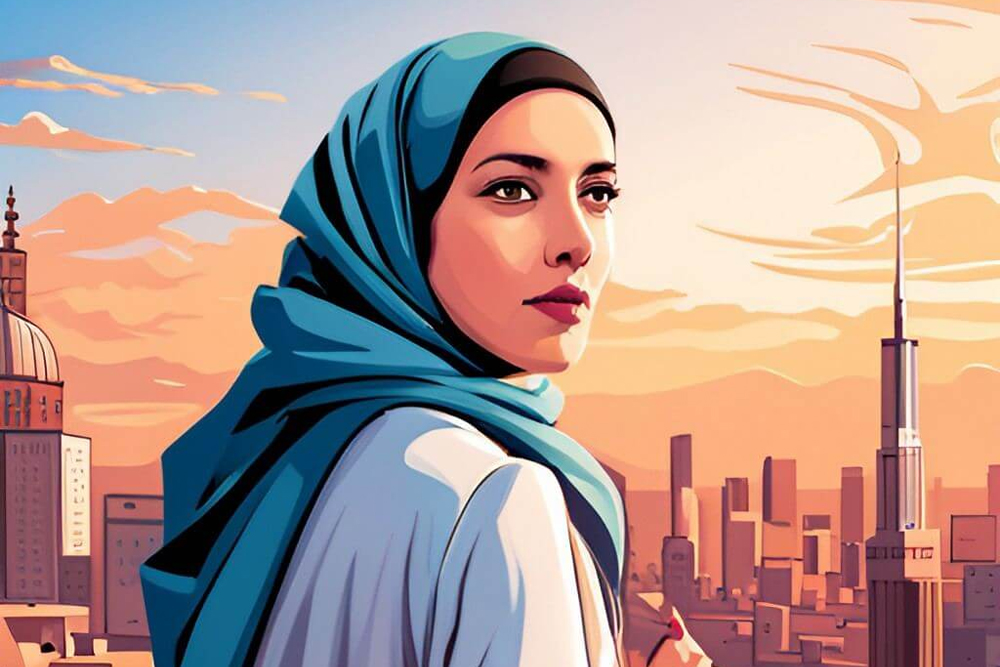
Advertising agency TBWA\RAAD and Core42 partnered to utilize Jais, an Arabic large-language model, in the creative sector, aiming to boost online content production in Arabic. Named after UAE’s tallest peak, Jais was developed by Core42 with Mohamed bin Zayed University of Artificial Intelligence and Cerebras Systems.
Ihsan Anabtawi, Core42's EVP and CCO, highlights Jais' specialization in Arabic, underscoring the need to address the scarcity of Arabic online content. Jais excels in content creation, summarization, and translation, with diverse potential applications. Initially trained on 13 billion parameters, the latest version, released in November, was trained on 30 billion parameters.
Anabtawi highlighted the importance of conserving and promoting Arabic culture through Jais while also targeting a broad audience reflective of its birthplace, the UAE. Given the diverse nuances and dialects within the Arabic language, Jais' specifically designed layout allows for a unique strategy in quality and content, while its bilingualism facilitates diverse applications.
Anabtawi asserts Jais' fluency in both Arabic and English, with the latest model showcasing significant improvements in both languages, particularly evident in longer and detailed responses.
Noah Khan, TBWA's regional president, views the Core42 collaboration as pivotal for integrating generative AI into their creative processes, in line with the agency's innovative ethos. The partnership reflects TBWA's support for local businesses and commitment to promoting the Arabic language, integral to its founding principles.

TBWA's collaboration with Core42 signifies a strategic move to enhance creative outputs, especially in Arabic, utilizing Jais' potential. TBWA aims to contribute to Jais' development, nurturing it into a valuable asset for the media and creative industries.
Khan and Anabtawi draw parallels between Jais and other generative AI technologies and the evolution of tools like mobile phones and computers, emphasizing the need for responsible integration and exploration of these technologies.
While acknowledging the transformative potential of AI, both Khan and Anabtawi underscore the importance of preparing the workforce for the future, focusing on reskilling and upskilling to adapt to evolving technological landscapes.
They dispel concerns about technology replacing human talent, emphasizing its role in augmenting human capabilities and freeing up time for creative pursuits. At TBWA, AI is seen as a complementary tool rather than a replacement for human creativity, to enhance efficiency and unlock new avenues for innovation.

















